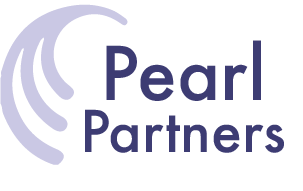A friend was recently discussing her experiences in having to exercise her Power of Attorney authority over her mother's affairs. In the US, Power of Attorney "is an authorization to act on someone else's behalf in a legal or business matter." Many parents grant this authority to their adult children, to be exercised in the event that they are unable to mentally or physically act on their own behalf.
When she first took on this role, my friend imagined she would be merely assisting her mother to execute the plans that had originally been set forth. She soon realized that financial and legal guidelines and associated paperwork changed much too quickly for her mother to keep up with. For example, a simple request for assistance with an investment account would result in a discussion with the accountant to understand new tax implications of what her mother was trying to do, adjusting the initial request as necessary.
My friend described how the experience was changing the way she interpreted her mother's requests. In order to give her mother what she needed, she had to learn to look beyond what her mother asked for. And in order to preserve her mother's dignity, my friend needed to learn to discuss issues with her mother, listen to her direct requests, understand what she was trying to achieve with each request, and then translate those requests into the current procedures required today.
Sound familiar? All companies act on behalf of their consumers as they strive to produce products and services that are of value to them. In essence, they exercize Power of Attorney authority in every product development decision they make. How many people involved in the development process take their roles as seriously as my friend does when they are making those decisions? Hopefully, the answer is that they all do.
